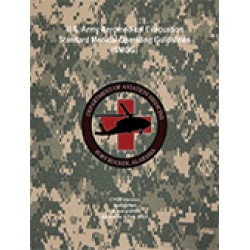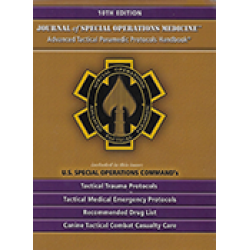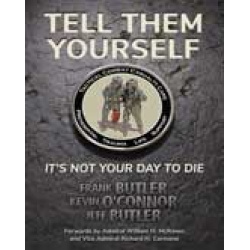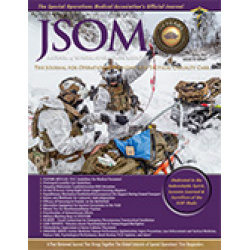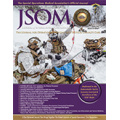Linear Regression as a Method to Prioritize Humanitarian Efforts in Stability Operations
Nicholson J, Perry MJ 22(1). 92 - 96 (Journal Article)
With a mandate to work by, with, and through host nation partners, Special Operations Forces (SOF) often face the challenge of pursuing humanitarian endeavors in the hopes of securing access to a specific population and mapping the human terrain. Likewise, should limitations in the rules of engagement (ROE) shift incentives from lethal to non-lethal effects, commanders must find unique ways to exert influence on the operational environment. However, with inevitable resource constraints such as money and time, it can be exceedingly difficult to determine which humanitarian project to undertake, especially in a population whose needs are multifaceted. Linear regression, a statistical tool available within the standard Microsoft Excel package on government computers, permits the modeling of predictive outcomes between a number of independent variables against a dependent variable. This allows the determination of significance and effect for each independent variable, which can facilitate a thoughtful recommendation to commanders for project selection. Using Iraq as an example, publicly available information (PAI) provides a wealth of records to make data-driven assessments for mutually beneficial shaping efforts in a stability operations framework. Additionally, this paper will highlight how data can be analyzed without a reliance on statistical software that is unlikely to be present in the tactical environment.


 Español
Español 